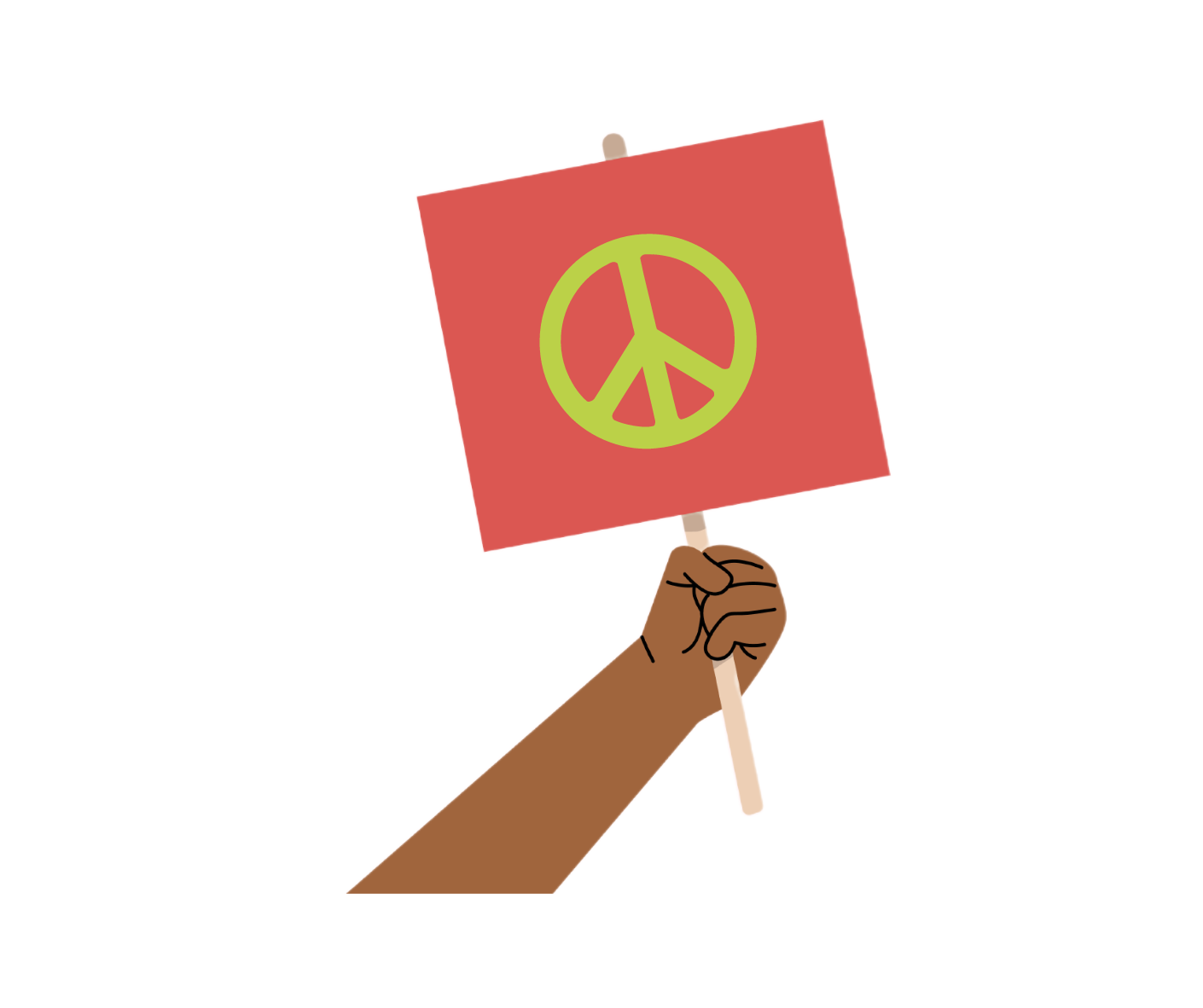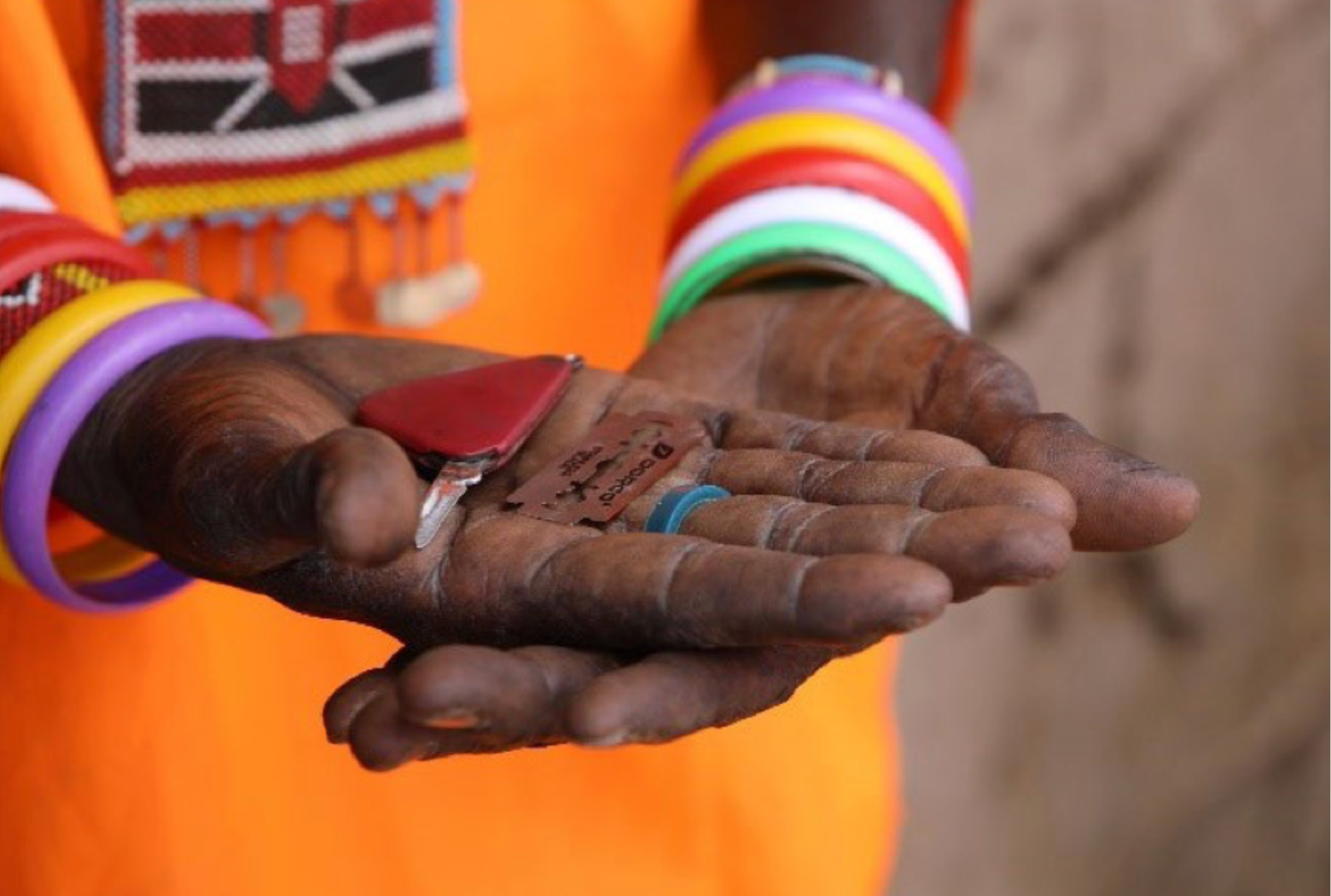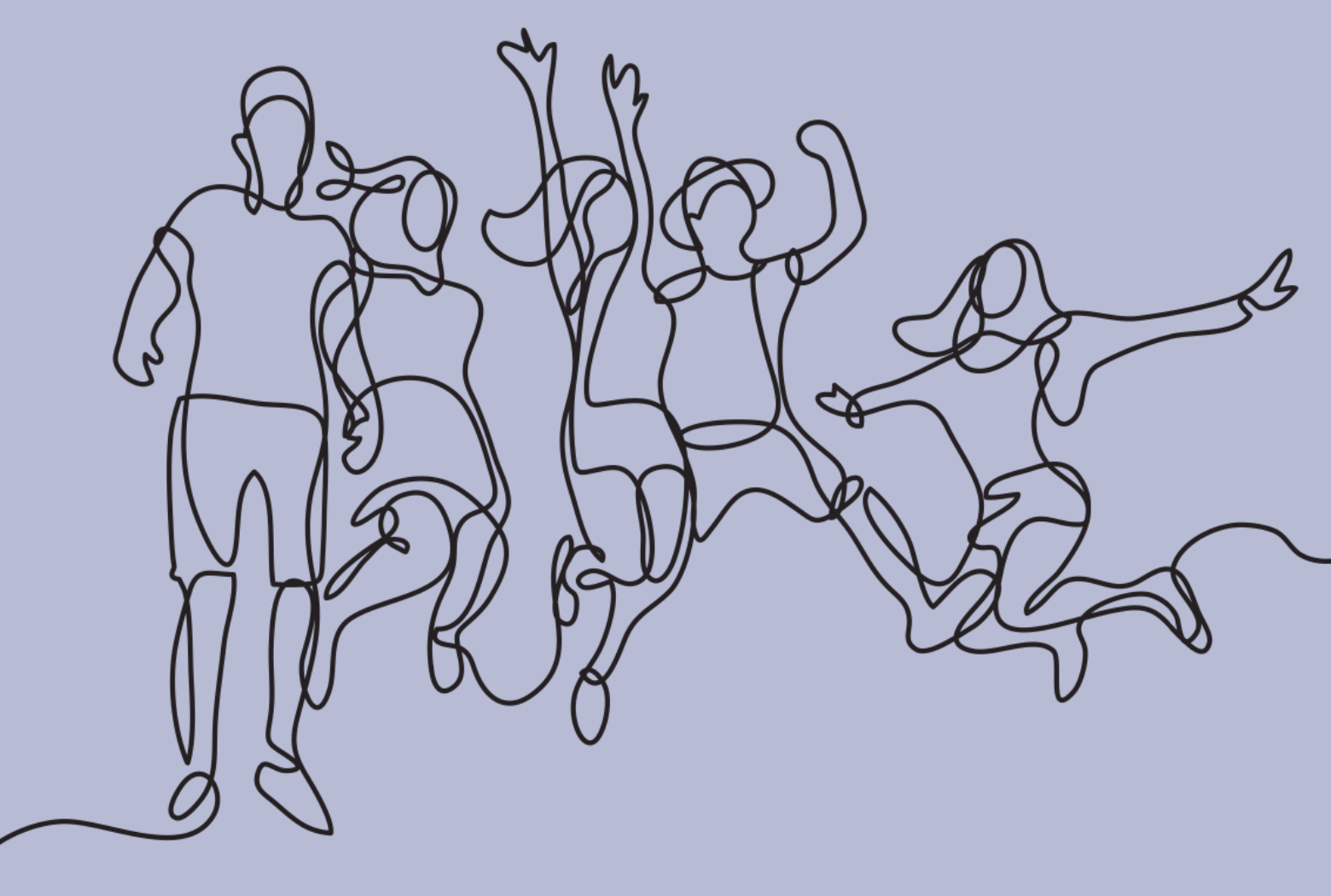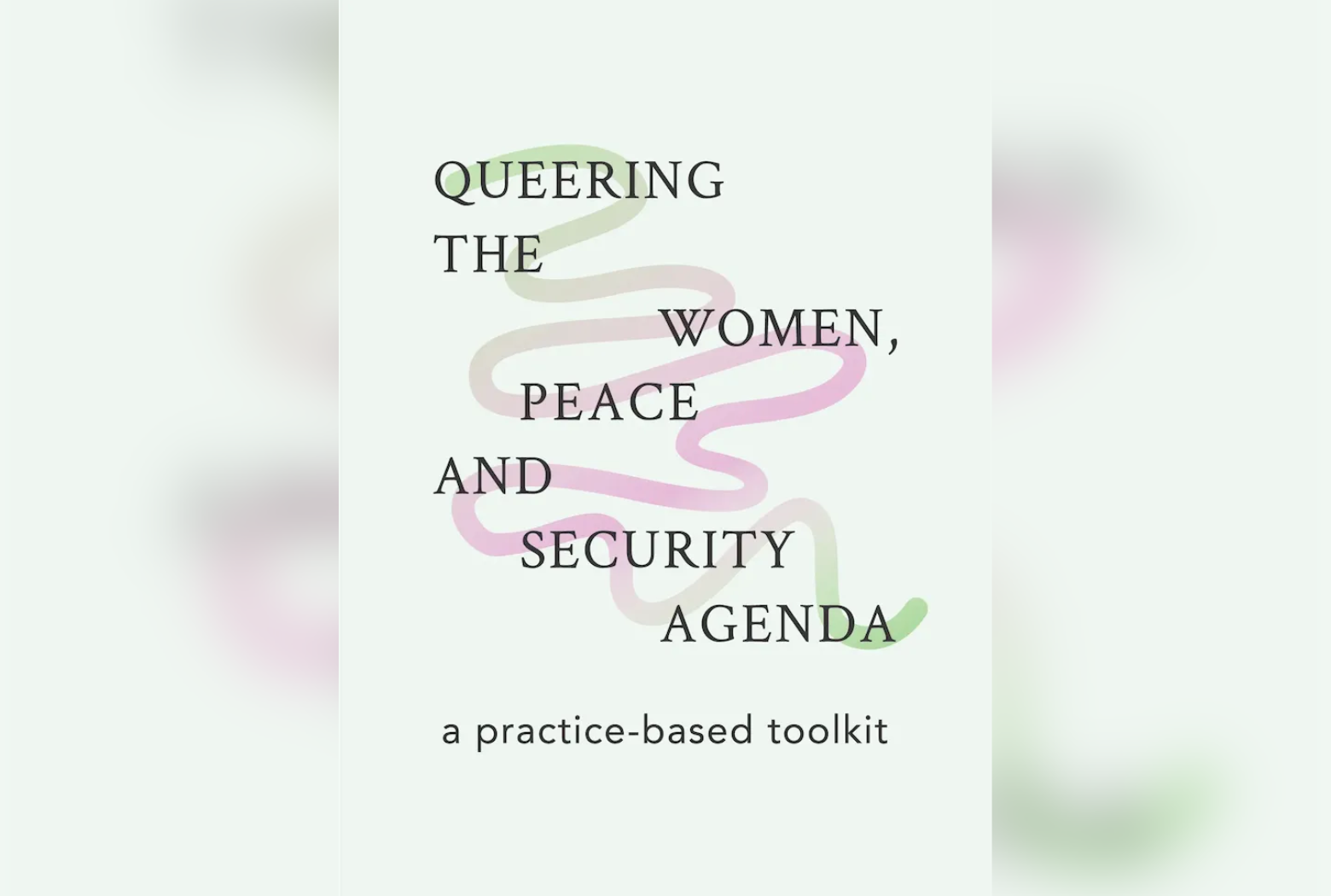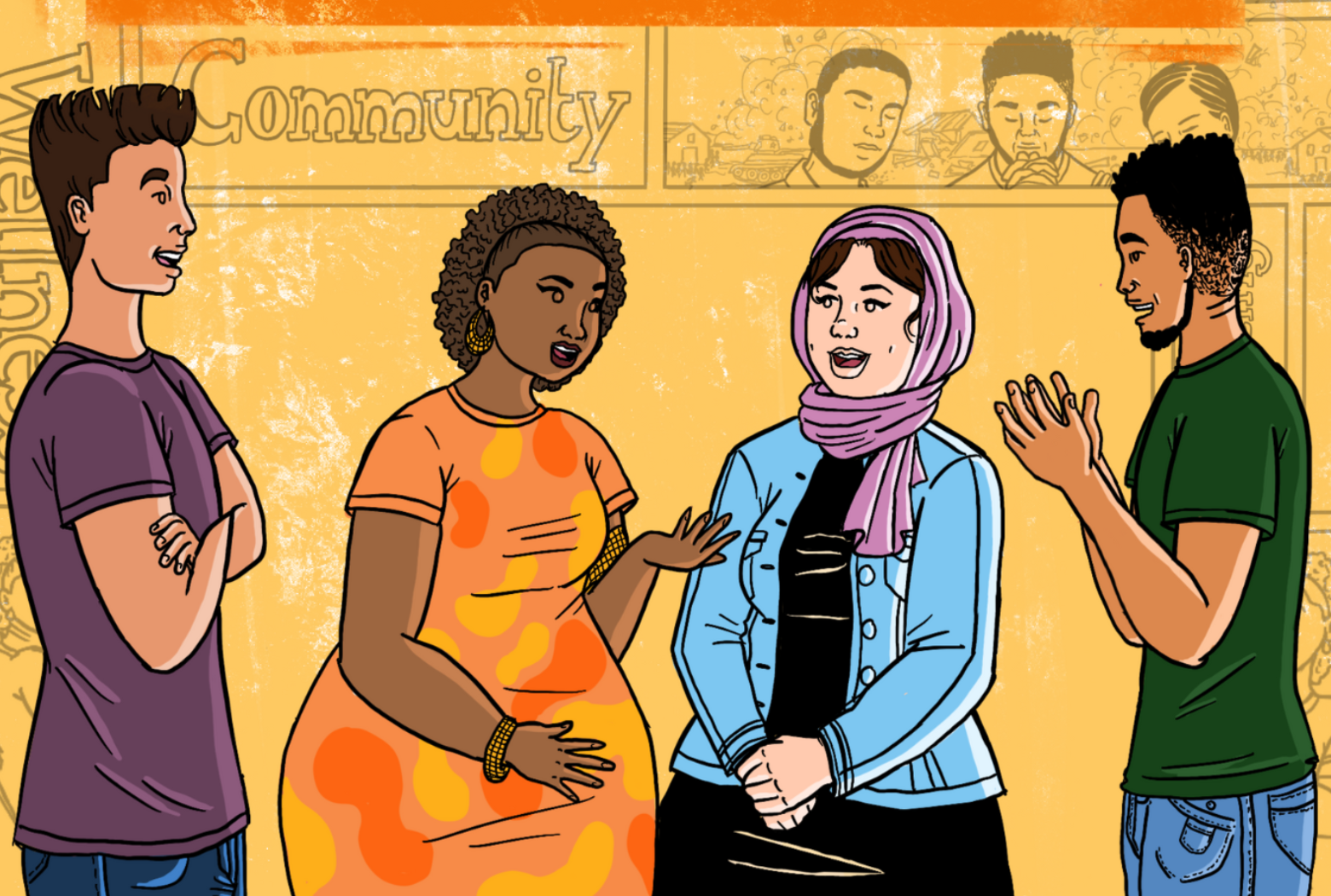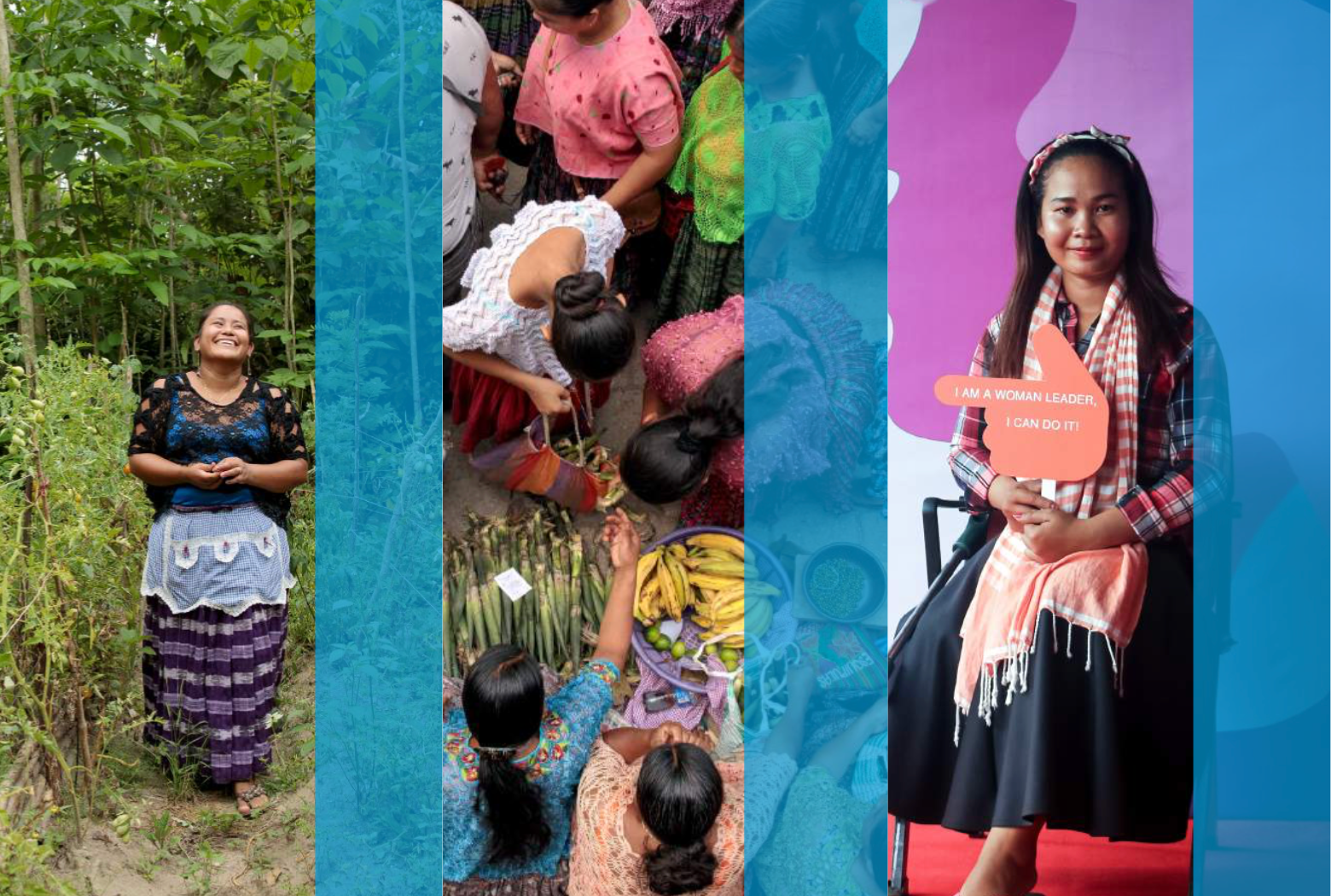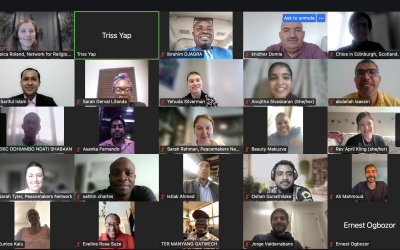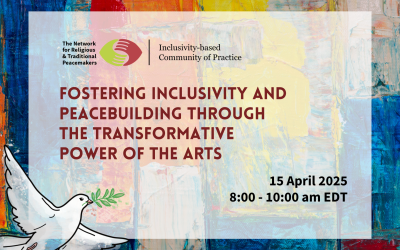Advancing Inclusivity
Inclusivity, or a whole-of-society approach, in conflict transformation, refers to the idea that sustainable and just peace can only be achieved by bringing together the aspirations, interests, and needs of all concerned individuals, groups, and segments of society. Inclusivity is a central concern in all stages of conflict transformation and ranges across tracks and structures. This approach follows the assumption that including a broader range of actors, as well as taking into account local traditions, realities, and cultures, will lead to more effective and sustainable peacebuilding.
In addition, inclusive peacemaking and broader peacebuilding processes contribute to transformative change in society, which is about transforming repressive/unequal power relations for more equitable norms and relations to emerge, which then contributes to sustaining peace.
The Network pays special attention to the promotion of gender equality and youth participation while recognizing the intersectionality of exclusion dynamics, such as gender or age-based discrimination or discrimination based on socio-economic status, sex, ethnicity, religion, etc. The Network recognizes the need to pay special attention to the most vulnerable groups, such as people with disabilities and ethnic and religious minorities. The Network’s understanding of inclusivity is encapsulated in the UN’s 2030 Agenda pledge, Leave No One Behind. Learn the key terms for peacemaking and broader peacebuilding processes here.
Four Inclusivity Briefs highlight how Network Members and Supporters are advancing and mainstreaming inclusivity based on the Network’s four modalities of advancing its work: 1) networking 2) research 3) advocacy and 4) capacity-building. Click the links below to learn more.
Inclusivity-Based Community of Practice
The Network’s primary mechanism of advancing its inclusive efforts within peacemaking and broader peacebuilding processes is through its Inclusivity-Based Community of Practice (CoP). The Inclusivity-Based Community of Practice offers space and opportunity for both Network members and non-members who are experts in the Women, Peace and Security and Youth, Peace and Security spaces, to build and cultivate learning, relationships, and partnerships. The current silos that exist at the global level between faith-based actors and organizations and secular actors and organizations working to advance gender equality and youth leadership and partnership are hindering policy and advocacy efforts. Learning about and acknowledging shared challenges, showcasing examples of best practices, and strategically constructing a collaborative way forward, is essential to address these complex and multifaceted problems that we face today. Meet the 2025 Inclusivity Community of Practice Steering Committee!
If you are interested in joining the Inclusivity-Based Community of Practice, please fill out this form.
2025 Inclusivity-Based Community of Practice Priorities of Focus

Fostering Inclusivity and Peacebuilding Through the Transformative Power of the Arts

Innovative Approaches to Interreligious and Intrareligious Dialogue for Peace

Building Bridges for the Future: Advancing the Inclusion of Children in Peacebuilding Efforts

Integrating Mental Health into Peacebuilding: Promoting Healing and Resilience for Sustainable Peace
How Network Members and Supporters are Advancing Inclusivity
Faith-sensitive Approaches to Gender Equality and Empowerment: Launching PaRD’s New Booklet, International Partnership on Religion and Sustainable Development (PaRD)
Featured Insights
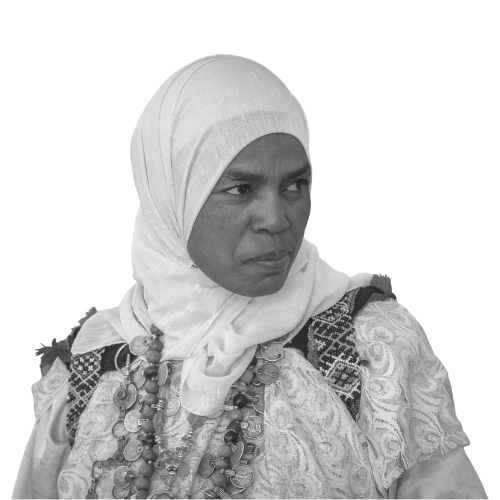
Summary note on how the Network advances inclusivity
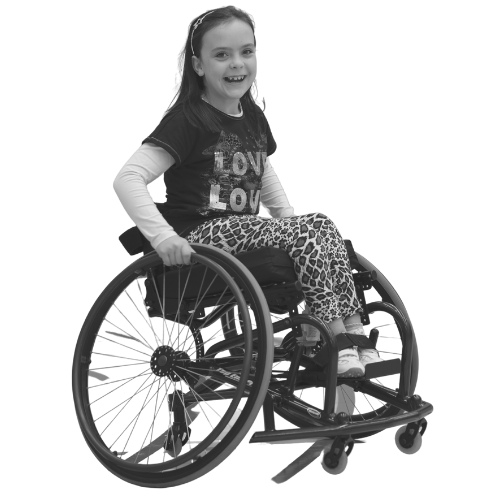
Inclusive practices for people with disabilities

Engaging male religious & traditional leaders to advance inclusivity
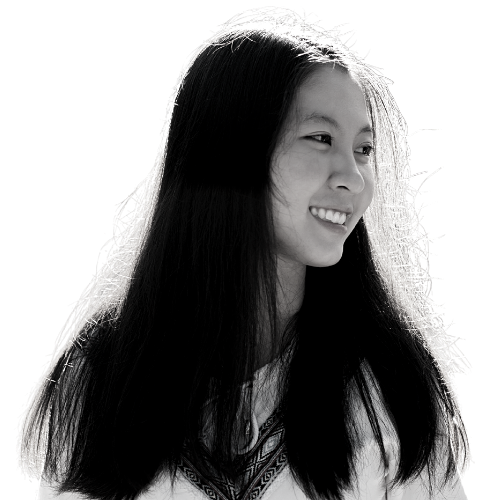
The Network’s theory of change to advance inclusivity

The Network’s approach to partnerships
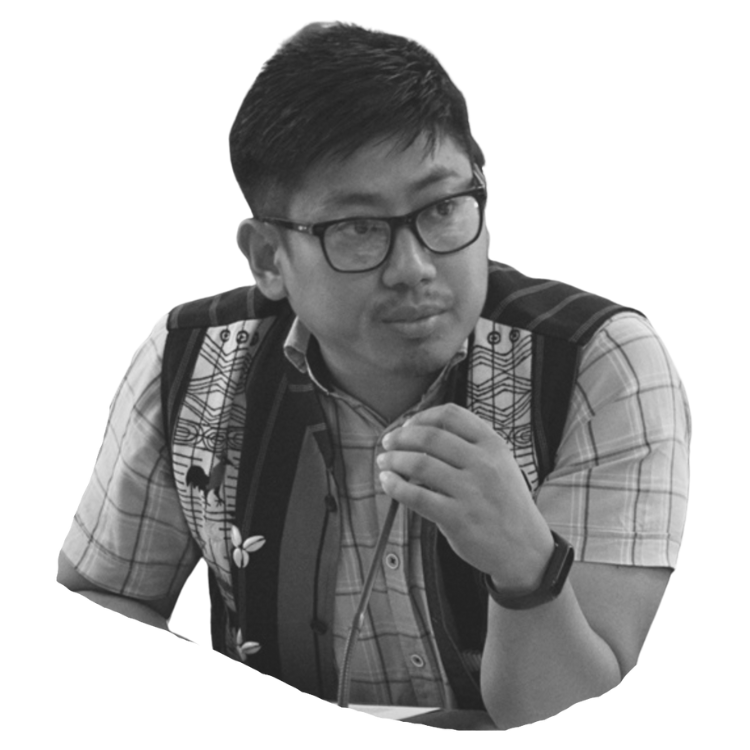
The Network’s engagement with traditional actors for sustainable peace
Recent Webinars
Promoting the Freedom of Religion and Belief Through the Inclusion of Religious Minorities in Peacebuilding
Synergizing Peace Tech, Inclusion and SDG 16 in Connection to the Multi-Stakeholder Forum on Science, Technology, and Innovation for the SDGs
COP16 Online Side Event From Crisis to Cohesion: Youth Led Peacebuilding in a Changing Climate
Promoting the Inclusion of Persons with Disabilities Within Peacebuilding Efforts
Recent News
Innovative Approaches to Inter-Religious and Intra-Religious Dialogue for Peace
Fostering Inclusivity and Peacebuilding Through the Transformative Power of the Arts
Fostering Inclusivity and Peacebuilding Through the Transformative Power of the Arts Inclusivity | April 2025On Tuesday, April 15, the Peacemakers Network hosted its first Inclusivity-based...

